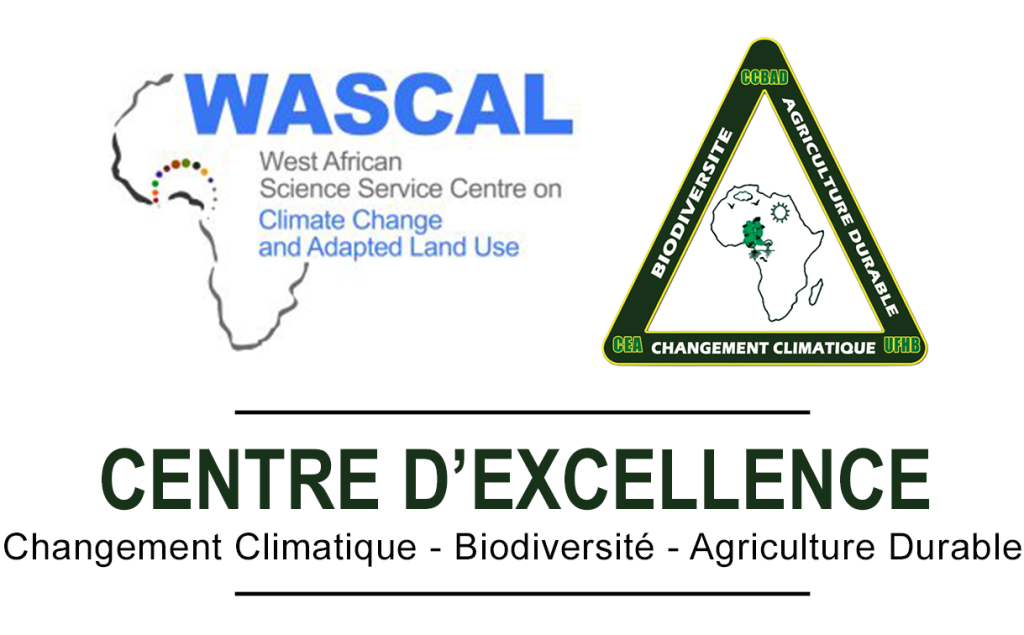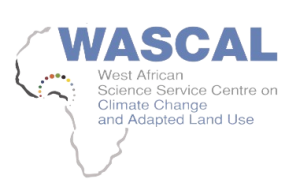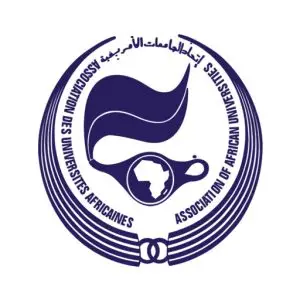Centre WASCAL/CCBAD de l'université Félix HOUPHOUËT-BOIGNY

Séminaire doctoral en calcul scientifique : traitement des données et initiation au langage de programmation Python
Date : 22, 23, 24, 25 et 28 Avril 2025 Lieu : Centre WASCAL/CCBAD sis au Pôle scientifique et d’innovation (PSI) de l’Université Félix Houphouët-Boigny, Campus de Bingerville, Côte d’Ivoire Modalité de formation : mode présentiel (salle : Auditorium du

Appel à candidature | Master Hydrogen Vert
Vous êtes passionné(e) par la transition énergétique et les énergies renouvelables ? Ne manquez pas cette opportunité unique ! Le programme de Master en Hydrogène Vert de WASCAL, en partenariat avec Ministère fédéral de l’Éducation et de la Recherche (

Projet RADIUS-UFHB
📢 Offre d’emploi – Rejoignez notre équipe ! Nous recrutons des Techniciens Assistant(e)s Comptable et Agronome (Physiologie Végétale) pour renforcer notre équipe. Postes à pourvoir : ✅ Technicien(ne) Assistant(e) ComptableMissions : Gestion des opérations comptables, suivi des finances et
AGENDA
06/02/2025 : Accréditation Master Hydrogène
03/02/2025 : Formation sur la correction des biais météorologiques
Etudiant(e) du centre
Future étudiant(e)
Journalistes
Alumni
Partenaires / entreprises
Laboratoires
Grâce aux laboratoires, le centre joue un rôle clé dans le développement scientifique et technologique :
- Laboratoire de Biotechnologie Agricole
- Laboratoire de Biodiversité et Conservation
- Laboratoire de Biochimie et Biologie Moléculaire, etc












